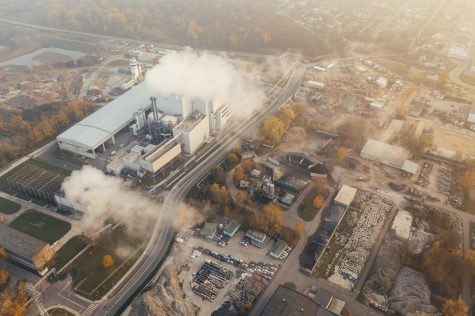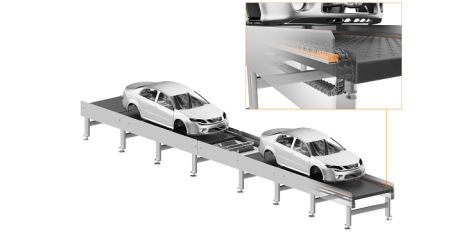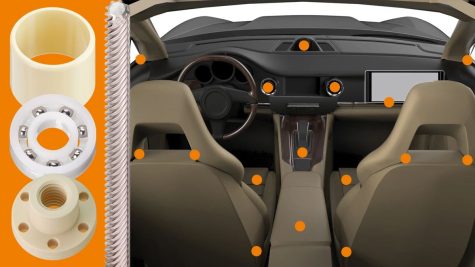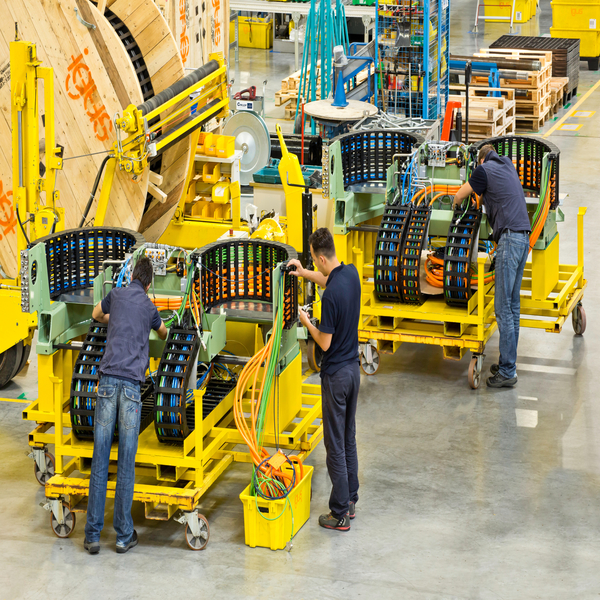How can car manufacturers be more sustainable?

What does it really mean to be sustainable? As companies big and small take on the task of becoming more sustainable and incorporating environmental initiatives into their workplace, it’s important to ask the question; what is sustainability? Becoming sustainable involves using resources in a way that can be renewed and maintained long term to minimise the negative impact on the environment.
‘Transportation is one of the highest contributors to emissions, responsible for around 33% of CO2 emissions in the UK, and 30% across Europe.’-Read source here
As car manufacturers are significant contributors to environmental pollution, they have a crucial role to play in becoming more sustainable and many have already made significant progress, particularly with electric vehicles. By investing in EV technology, car manufacturers are able to reduce their carbon footprint significantly, while providing transport that produces zero tailpipe emissions and reduces noise pollution through their quiet operation.
Without focussing solely on the end product, the use of eco-friendly materials in the production stages of car manufacturing can make a big difference too. Recycled plastics, natural fibres, and biodegradable materials can replace traditional, non-renewable resources. This not only reduces waste but also lowers the environmental impact of production processes.
How is igus® involved in this?

igus® provides a range of products to the automotive industry from the chassis to interior and even the engine compartment, there are solutions for every area in the vehicle and the manufacturing environment. As our components are made of high-performance plastics, they provide unique benefits:
- Lubrication-free
- Corrosion resistant
- Reliable due to a predictable service life
- The lightweight option to replace metal components

Which not only makes igus® the cost-effective solution, but the sustainable one too. Every year, igus® manufactures more than 150 million plain bearings, linear units, energy chains and sub-assemblies for this industry, providing a wide variety of choice to manufacture cars that run smoothly and silently.
The switch to an electric car isn’t always viable though and is not always an affordable option. For this reason, it’s important to focus on how to alleviate the damaging properties of traditional internal combustion engine vehicles, and improving fuel efficiency is key. Manufacturers can achieve this by designing lighter vehicles, using advanced aerodynamics, and developing more efficient engines. Better fuel efficiency means fewer emissions and less fuel consumption.
Implementing Green Manufacturing Processes
Sustainable manufacturing practices have to be given priority for any sustainable efforts to be successful. This includes using renewable energy sources like solar and wind power in factories, reducing water usage, and minimising waste. Green manufacturing not only benefits the environment but can also reduce operational costs in the long run.
Encouraging employees to make green decisions in their everyday lives by encouraging car sharing and mobility services can reduce the number of vehicles on the road, leading to lower emissions and less traffic congestion. By supporting these initiatives, any business can contribute to more sustainable travel methods.
Invest in Research and Development

R&D is crucial part of innovation in any area, let alone sustainability. This includes developing new technologies for cleaner engines, better batteries for EVs, and more efficient manufacturing processes. Staying ahead in technology can help manufacturers meet or exceed environmental regulations and provides a strong competitive advantage as more and more manufacturers seek to create their own sustainable vehicles.
Providing information for consumers on the benefits of sustainable vehicles and practices is important to give them an understanding of why they should choose the product over a competitor or another style of car entirely. They can run awareness campaigns, provide information on eco-friendly driving habits, and offer incentives for choosing greener options.
Sustainability in the automotive industry is a challenge that requires a comprehensive approach. By adopting the strategies mentioned, car manufacturers can not only reduce their environmental impact but pave the way towards a greener future. The journey towards sustainability is ongoing, and every step taken today will make for a cleaner, healthier tomorrow.



